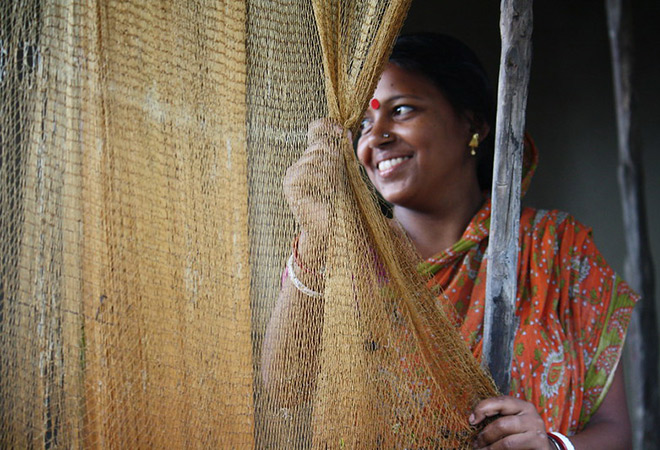India is a land of great diversity but with diversity there comes various disparities and
inequalities. The concept of gender is not sui generis to the society, from the 5
th century itself,
gender has been classified into male and female. From the moment babies are born, their
assigned sex (male or female) immediately begins to shape how they should be treated, what
opportunities they should receive or how they should behave according to dominant gender
stereotypes in their society. In India gender defined roles are assigned from the moment of birth
but people fail to understand the egregious effects of it on the society. India has been ranked
140th among the 156 countries in the Global Gender Gap Report of 2021 by the World Economic
Forum.
From time immemorial, patriarchy wherein discrimination on the right of women has been
prominent which is also evident in manuscript and other texts. Even in the so-called developed
and liberal India, women rights are underdeveloped. It was only in recent time that even the right
of women as the coparcener in the property was recognized in the law. Even in the matters of
literacy, the 2011 India Literacy rate in the developed states could be seen. For example, in 2011,
the female literacy rate in West Bengal was only 71% out of total literacy rate at 77%. Gender
inequality exists in economic activities wherein all the sectors are laden with gender
discrimination as men have always had the upper hand in these fields, depicting how deeply
patriarchy is entrenched in India.
It is the raison d’être of any state to eliminate disparities and inequalities faced by women, Even
the Constitution of India under Article 14 and 15 state that the state must not discriminate and
also there must be equality before law. Further, under Article 15(3) of the Constitution of India,
the state can bring special legislation and policies for the upliftment of women. Amid the
pandemic, various reports have shown that during the pandemic induced lockdown, women are
the ones who have suffered the most. They had to give up their work and career opportunities in
order to look after their families. Further, the rate of depression and stress among women has
also increased. Hence, it is the responsibility that the state must try to educate females and bring
in policies inorder to meliorate the gender discrimination. By Arihant Singh


